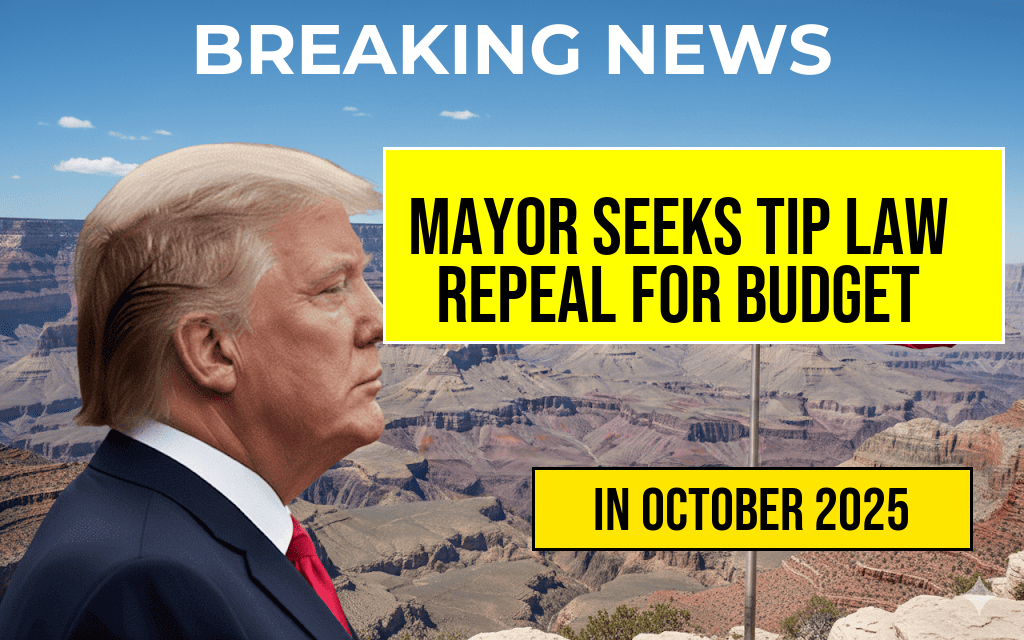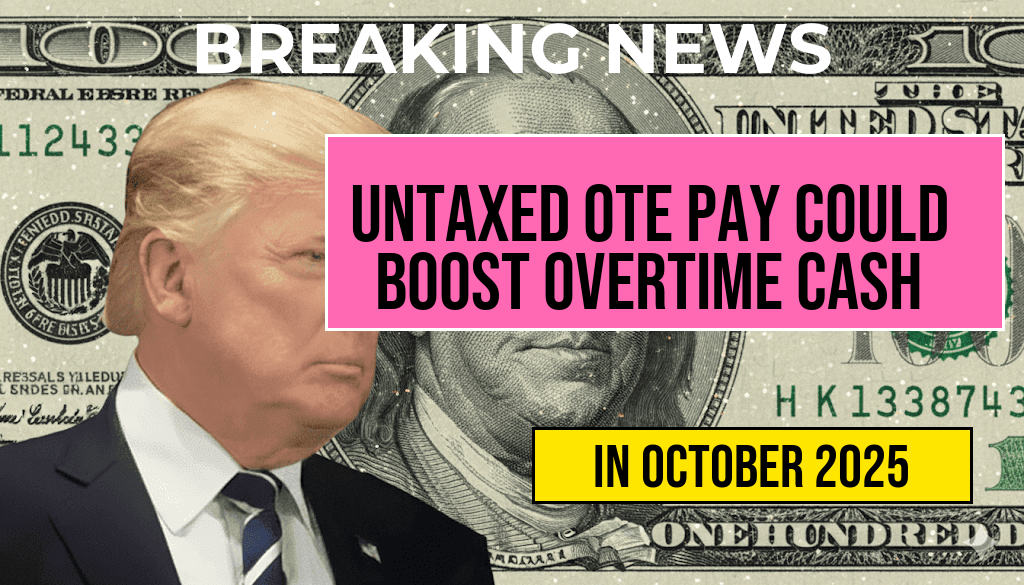In a bold move to tackle a projected $1 billion budget shortfall, the mayor of Springfield has announced plans to repeal the city’s controversial tip law, which mandates that employers in the hospitality sector pay tipped workers a base wage below the standard minimum wage. The mayor argues that this repeal could generate significant revenue for the city while ensuring fair compensation for workers in the service industry. The proposal is the latest in a series of budgetary adjustments aimed at balancing the city’s finances amid rising costs and declining revenues exacerbated by the ongoing economic fallout from the pandemic.
Understanding the Tip Law
The current tip law in Springfield allows employers to pay their tipped employees a lower base wage, relying on tips to make up the difference to meet minimum wage standards. This structure has been a contentious issue among workers’ rights advocates, who argue that it perpetuates wage disparities and leaves workers vulnerable to inconsistent income.
Arguments for Repealing the Tip Law
- Fair Compensation: Advocates for the repeal claim that eliminating the tip law would ensure all workers receive a consistent and fair wage, reducing income volatility.
- Increased Revenue: By transitioning to a standard minimum wage for all employees, the city could potentially collect more in income taxes, contributing to budgetary relief.
- Economic Stability: Supporters believe that by providing a stable income to tipped workers, consumer spending could increase, benefiting local businesses in the long run.
Opposition and Concerns
Despite support for the repeal, there are significant concerns from various stakeholders, particularly within the restaurant and service industries. Many employers argue that the repeal could lead to increased labor costs, potentially resulting in job losses or higher prices for consumers.
Key Concerns from Employers
- Increased Labor Costs: Businesses fear they may need to raise wages to meet the new standards, which could strain their finances and lead to layoffs.
- Impact on Tippers: There’s apprehension that raising base wages might deter customers from tipping, which could negatively affect workers’ overall earnings.
- Market Competitiveness: Employers worry that higher wages could reduce their competitiveness compared to businesses in neighboring cities with more lenient wage laws.
Community Reactions
The community’s response to the mayor’s proposal has been mixed. Supporters of the repeal have rallied at city council meetings, emphasizing the need for sustainable wages, while opponents have expressed fears about the potential economic fallout.
Voices from the Community
- Workers’ Rights Advocates: Many are celebrating the proposal, viewing it as a step towards greater equity in the workplace.
- Business Owners: Several local restaurant owners have voiced their concerns, stating that the changes could threaten their ability to remain profitable in a competitive market.
Next Steps in the Legislative Process
The mayor’s proposal will be presented to the city council next month, where it will undergo a thorough review and discussion. Stakeholders from various sectors are expected to provide testimony, and public hearings will be held to gauge community sentiment.
Timeline for Implementation
| Milestone | Date |
|---|---|
| City Council Review | Mid-April 2024 |
| Public Hearings | Late April 2024 |
| Final Vote | May 2024 |
As discussions unfold, the potential repeal of the tip law will undoubtedly remain a focal point for both supporters and opponents. The outcome will not only determine the future of wage structures in the service industry but will also set a precedent for how cities across the nation address similar budgetary challenges.
For more information about the implications of the tip law and the ongoing budget discussions in Springfield, visit Wikipedia or read insights on this issue from Forbes.
Frequently Asked Questions
What is the main objective of the Mayor’s proposal regarding the tip law?
The Mayor aims to repeal the tip law in order to address a significant $1 billion budget shortfall faced by the city.
How does the tip law currently affect workers in the service industry?
The tip law allows service workers to receive a lower minimum wage, supplemented by tips from customers, which is intended to provide them with income based on service quality.
What are the potential consequences of repealing the tip law?
Repealing the tip law could lead to increased wages for service workers, but it may also result in higher prices for consumers and changes in how businesses operate.
How does the budget shortfall impact city services?
The $1 billion budget shortfall could lead to cuts in essential city services, affecting public safety, education, and infrastructure maintenance.
What alternatives are being considered to address the budget shortfall?
In addition to repealing the tip law, the Mayor is exploring various options such as increasing taxes, reducing expenditures, and seeking additional state or federal funding to manage the budget shortfall.








